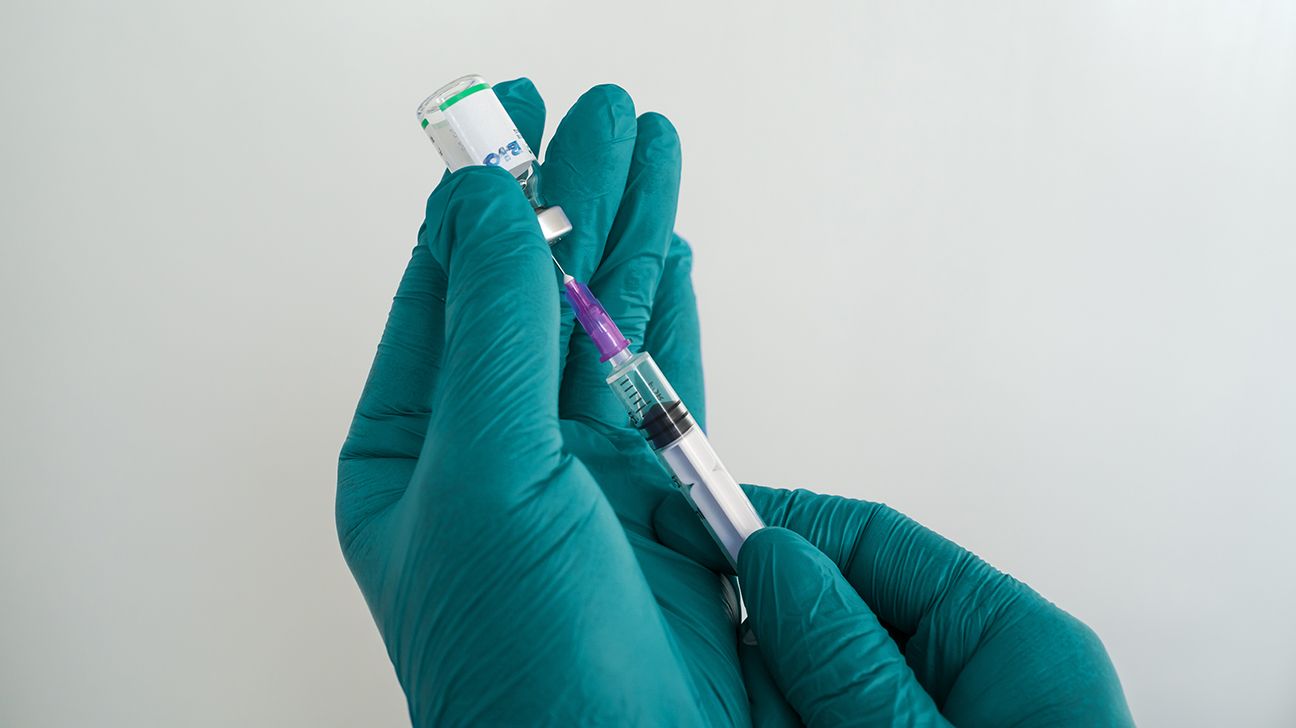Keytruda is not chemotherapy. It’s a type of treatment called immunotherapy. It works with the body’s immune system, helping T cells fight cancer cells.
Keytruda is used to treat many different types of cancer and lymphomas in adults and certain children. You receive it as an infusion by intravenous (IV) injection. Keytruda’s prescribing information provides more information on its indications (uses).
With immunotherapy, the body’s immune system uses T cells to find and attack cancer cells. With Keytruda specifically, the drug helps the immune system find cancer cells that become hidden from the T cells. When this action exposes the hidden cancer cells, the T cells can attack them. In this process, noncancer cells can also become damaged.
On the other hand, chemotherapy works by attacking and destroying cancer cells. This can damage cancer cells and noncancer cells.

No, side effects don’t mean Keytruda is working or not working.
Once you start Keytruda treatment, the drug begins working right away with your immune system to fight cancer cells. Throughout Keytruda treatment, your doctor will monitor you to learn how the cancer is responding to the drug.
Doctors prescribe Keytruda to treat numerous different cancers and lymphomas. For some conditions, you may receive chemotherapy along with Keytruda. Chemotherapy drugs can affect how long Keytruda takes to work.
You may experience side effects from Keytruda. The drug may affect noncancer tissues as well, which can also cause side effects. If you receive chemotherapy drugs along with Keytruda, they can affect the side effects you experience.
Side effects from Keytruda are generally the same regardless of the condition it’s treating.
The answer depends on the condition Keytruda is treating and other factors. These may include other drugs being used, your body’s specific response to Keytruda, and the location of the cancer.
Depending on the condition Keytruda is treating, you may continue treatment with it for a number of weeks to a number of months. During this time, your doctor will check your body’s response to the drug. They will consider whether the disease is advancing and whether you’re having unmanageable or severe side effects.
With immunotherapy, such as Keytruda, your immune system may continue fighting cancer even after you stop treatment with it. On the other hand, chemotherapy stops working when you stop treatment with it.
You and your doctor can discuss Keytruda for your condition and how long you might continue treatment with the drug.
Both immunotherapy and chemotherapy can cause a variety of side effects ranging from mild to serious.
Immunotherapy stimulates the immune system, which helps it fight cancer. In this process, it can also damage noncancer cells. In more serious cases, it can cause the immune system to attack organs and the way they work. Immunotherapy, including Keytruda, can cause side effects such as:
- cough
- shortness of breath
- skin rash
- abdominal discomfort
- diarrhea
- joint pain
- decreased appetite
Chemotherapy attacks cancer cells and can also damage noncancer cells. It can cause side effects such as:
- fatigue (low energy)
- nausea
- hair loss
- mouth sores
Your doctor can explain the benefits and risks of Keytruda, other immunotherapy, or chemotherapy.
Disclaimer: Healthline has made every effort to make certain that all information is factually correct, comprehensive, and up to date. However, this article should not be used as a substitute for the knowledge and expertise of a licensed healthcare professional. You should always consult your doctor or another healthcare professional before taking any medication. The drug information contained herein is subject to change and is not intended to cover all possible uses, directions, precautions, warnings, drug interactions, allergic reactions, or adverse effects. The absence of warnings or other information for a given drug does not indicate that the drug or drug combination is safe, effective, or appropriate for all patients or all specific uses.




